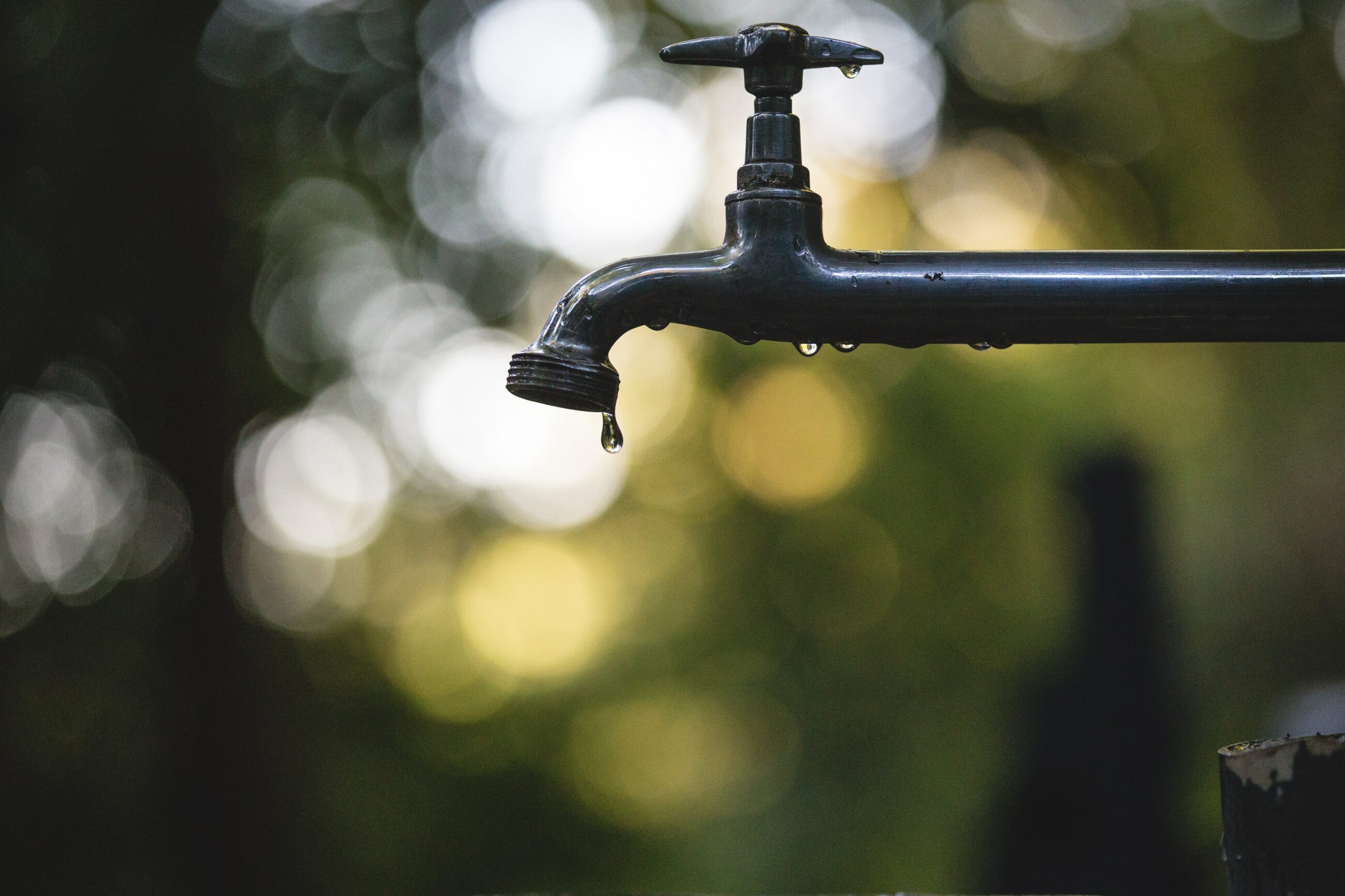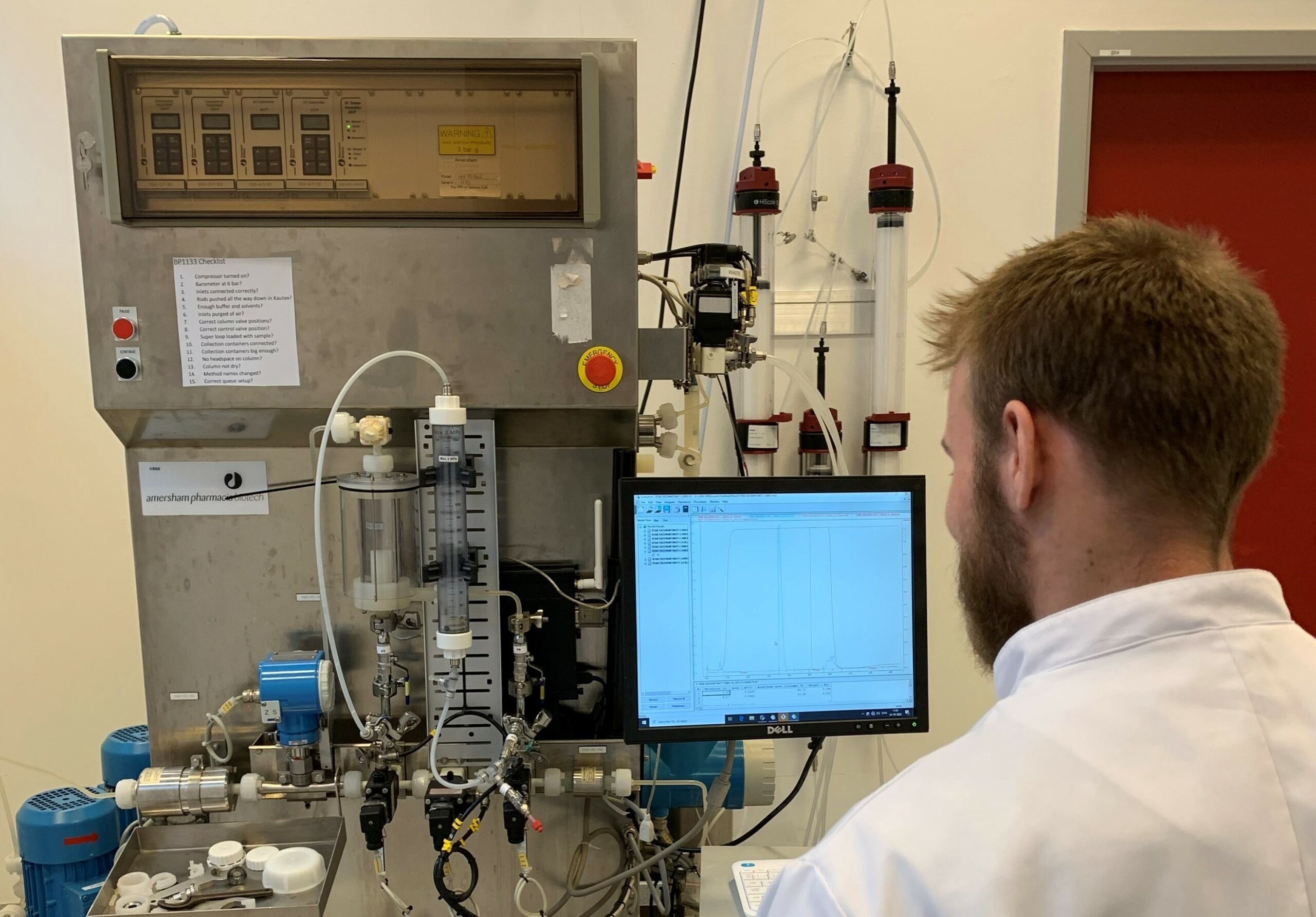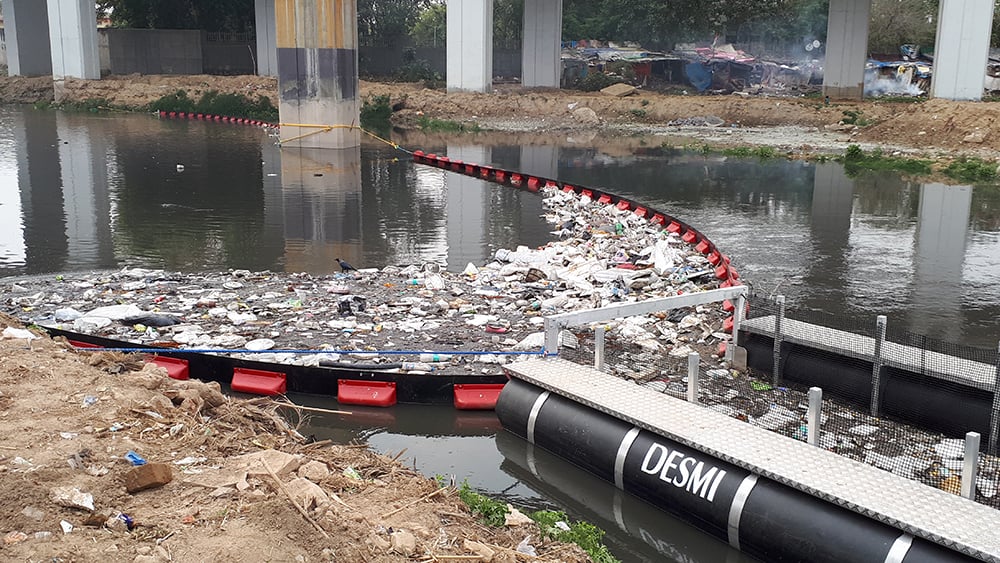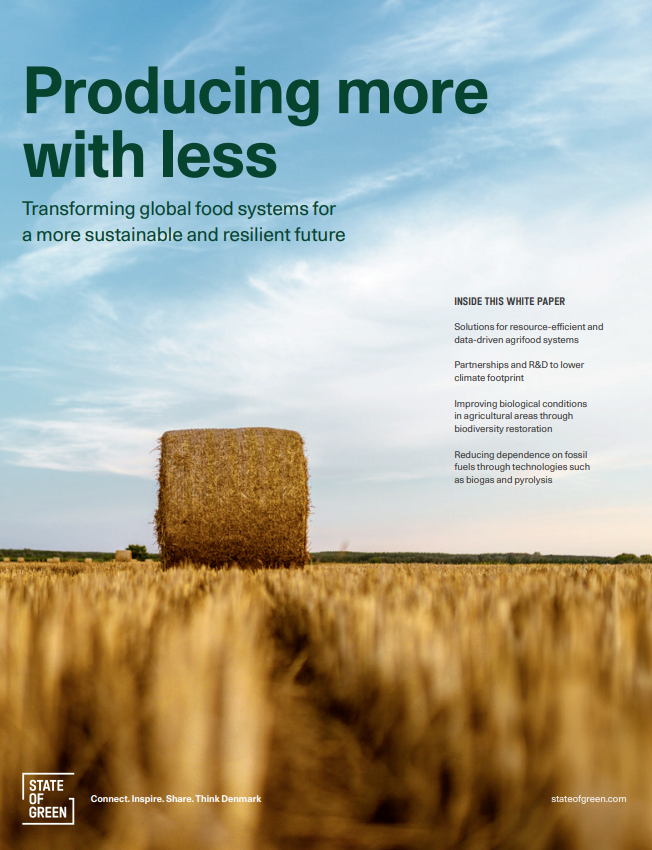News
Non-revenue water
Water in industries
Water management
+2
Danish-Vietnamese partnership reveals an affordable route to saving water and energy in Vietnam


Vietnam has set a target of 100 per cent clean water coverage to all of its urban areas by 2025. To achieve this target, the 79 municipally owned water utilities in the country will need to make additional investments in infrastructure and technology.
A new study by a Danish-Vietnamese P4G partnership that examined the operations of four Vietnamese water utilities found that investing in pressure management technology provides sufficient savings in energy costs and water leakages over a five-year period that the investment could be made through conventional financing rather than requiring public financing, loans or international grants. Pressure management in a water distribution system reduces leak flows, pipe bursts and repair and maintenance costs, while also resulting in fewer customer complaints and service calls.
The global water solutions company based in Denmark, Grundfos, has played a pivotal role in the partnership and study.
“The study in Vietnam has proven how sustainable water solutions can also be financially attractive in developing countries. Non-revenue water is an enormous waste in most countries, and the partnership has shown that solutions that save valuable water for the local communities can be implemented as an attractive investment. This study is interesting for Vietnam but also an inspiration for other countries in the world. As a water company, it is important for us to be part of partnerships that make an environmental difference but with a benefit for all partners – public and private,” said Ask Møller-Nielsen, Senior Manager, Head of Group Public Affairs at Grundfos.
-Related solution: Cambodia water plant enjoys 20 per cent water and energy savings
Market-based solution for water supply
One important focus area for Vietnam is cutting non-revenue water losses in half by 2025—from 30 per cent to 15 per cent. Non-revenue water (NRW) is the difference between the amount of water that flows through distribution systems and the amount of water billed to customers. When water companies reduce NRW they have greater financial resources and lower operational costs. When NRW is reduced via the reparation of leaks, customers benefit, as they receive more water available. The administrative partner behind the P4G study is the non-profit organisation Asia Society for Social Improvement and Sustainable Transformation (ASSIST).
“This study demonstrated a market-based solution for water supply companies in Vietnam that, if implemented widely, would offer significant operational and financial benefits for many of the water supply companies in Vietnam,” said Aru David, Global Director for Private Sector Partnership, ASSIST.
With exception of one pumping station, the study found the investment in pressure management technology would recover costs in a five-year period. This payback period enables conventional water savings finance to be viable for these utilities, rather than requiring additional concessional finance.
“Given the below-market rate of water and low cost of electricity in Vietnam, we had expected that the payback on the pressure management would take longer and require financing through grants and loans. However, what we found is that in developing countries where water and electricity pricing are higher, the payback could be as fast as three years,” said Aru David, ASSIST Global Director, Private Sector Partnership.
-Related solution: Non-revenue water reduction in Malaysia
Inspiration for the rest of the world
The study notes that reducing NRW also often involves more costly investments in new piping and other infrastructure, which would require greater investment resources, such as from concessional sources of public financing, or public-private financing mechanisms known as blended financing. On the other hand, the World Bank estimates that commercial water losses in developing countries to represent US$ 2.6 billion annually.
“This partnership has created valuable knowledge that can guide investments to support the growth needs of Vietnam’s water sector. Additionally, this study sets the direction for other countries working on non-revenue water issues,” said Ian de Cruz, P4G Global Director. “If we are to accelerate progress on the Sustainable Development Goals, we need public-private partnerships to develop solutions that can lead to market investment as in the case of this project.”
The Vietnam Chamber of Commerce and Industry and the Vietnam Ministry of Planning and Investment launched their P4G National Platform in July 2018 at the National Conference on Sustainable Development, emphasizing Vietnam’s commitment to green growth. Vietnam currently hosts P4G partnerships that focus on improving investment in water infrastructure, promoting efficient energy consumption, and implementing circular economy principles in Vietnam’s booming manufacturing sector.
-Related solution: Reducing time from leakage to repair
Facts:
Funded by P4G, the Partnering for Green Growth and the Goal Goals 2030 initiative, the study was led by the Asia Society for Social Improvement and Sustainable Transformation (ASSIST) in partnership with the Vietnam Water Supply and Sewage Association (VWSA), Grundfos and the Danish Investment Fund for Developing Countries (IFU). Vietnam is one of the nine partner countries that participate in P4G, a new global initiative that funds public-private partnerships with innovative solutions to drive sustainable development and green growth.
P4G was inititated by the government of Denmark in 2017 and now consists of 9 countries in total, together with a range of civil society and business partners. State of Green is the national platform for P4G activities in Denmark.
Source: P4G Partnerships
You should consider reading
publications
Resource efficient production
+15















